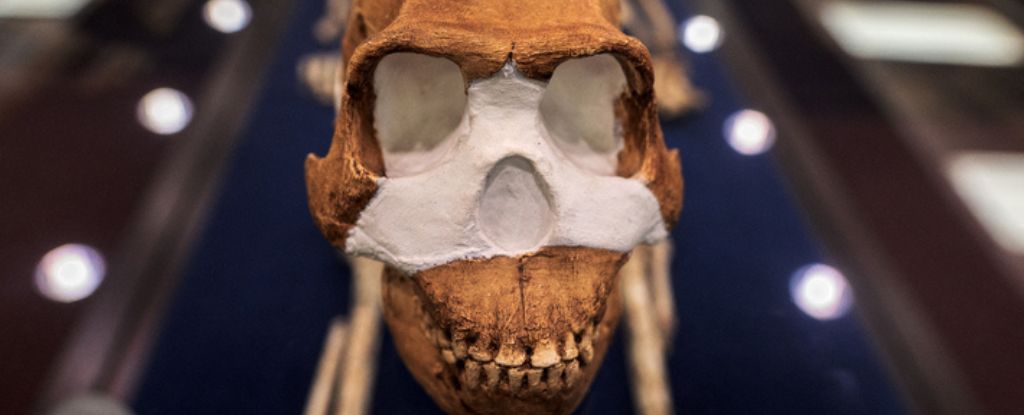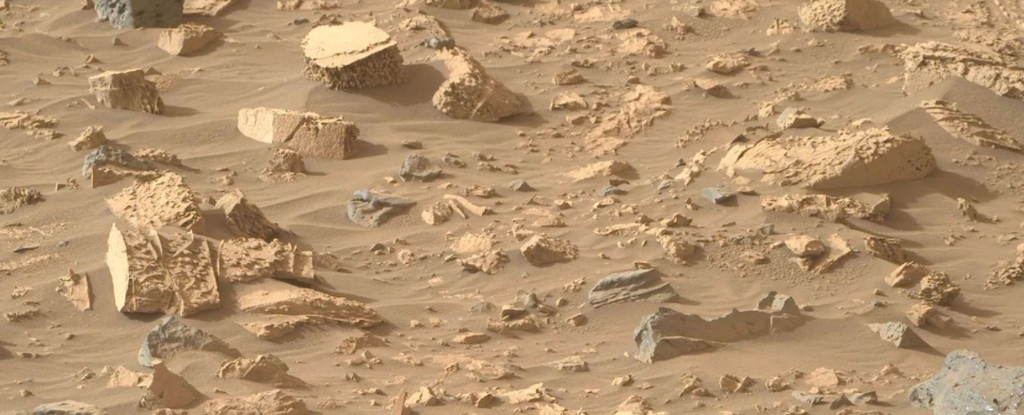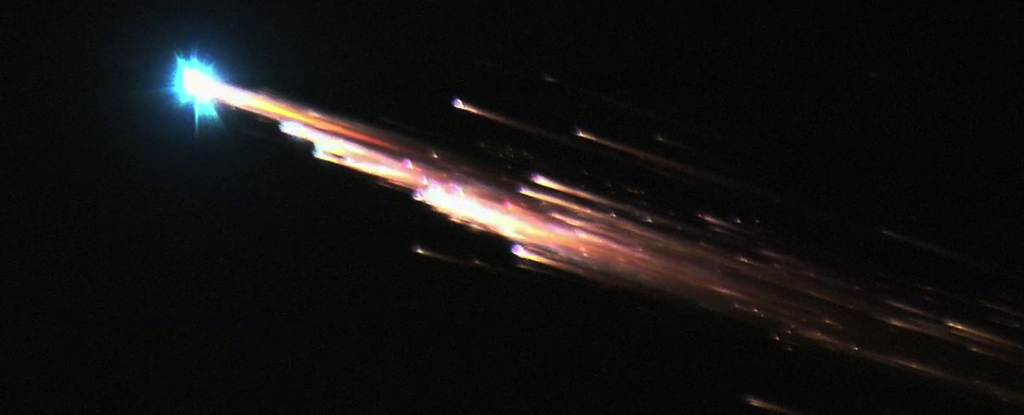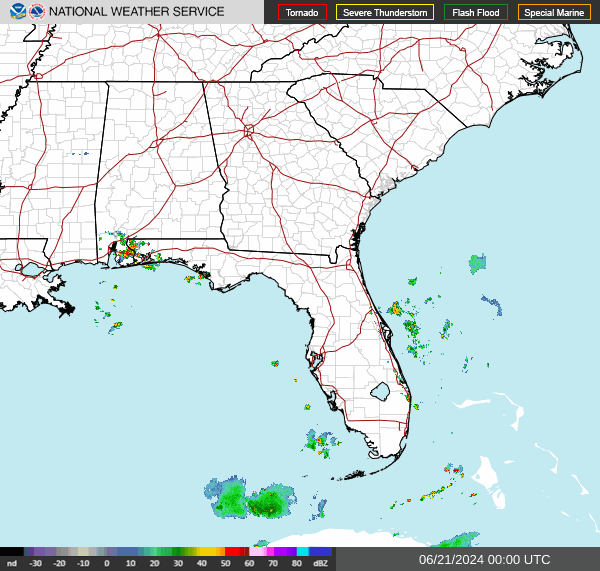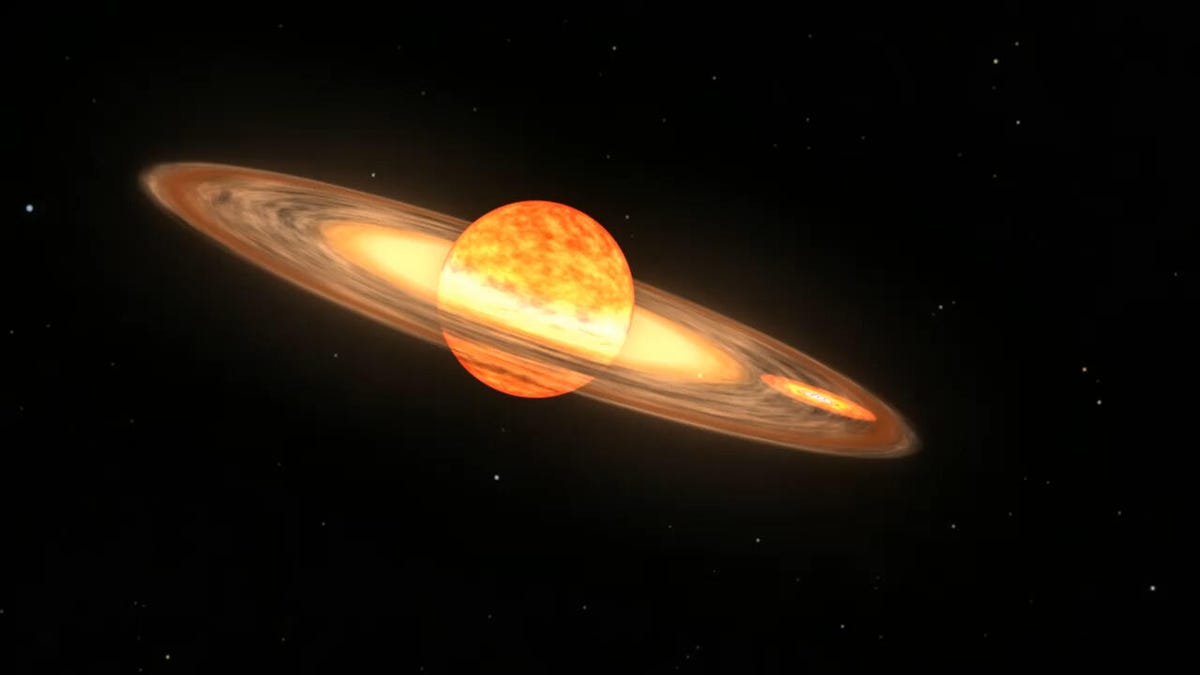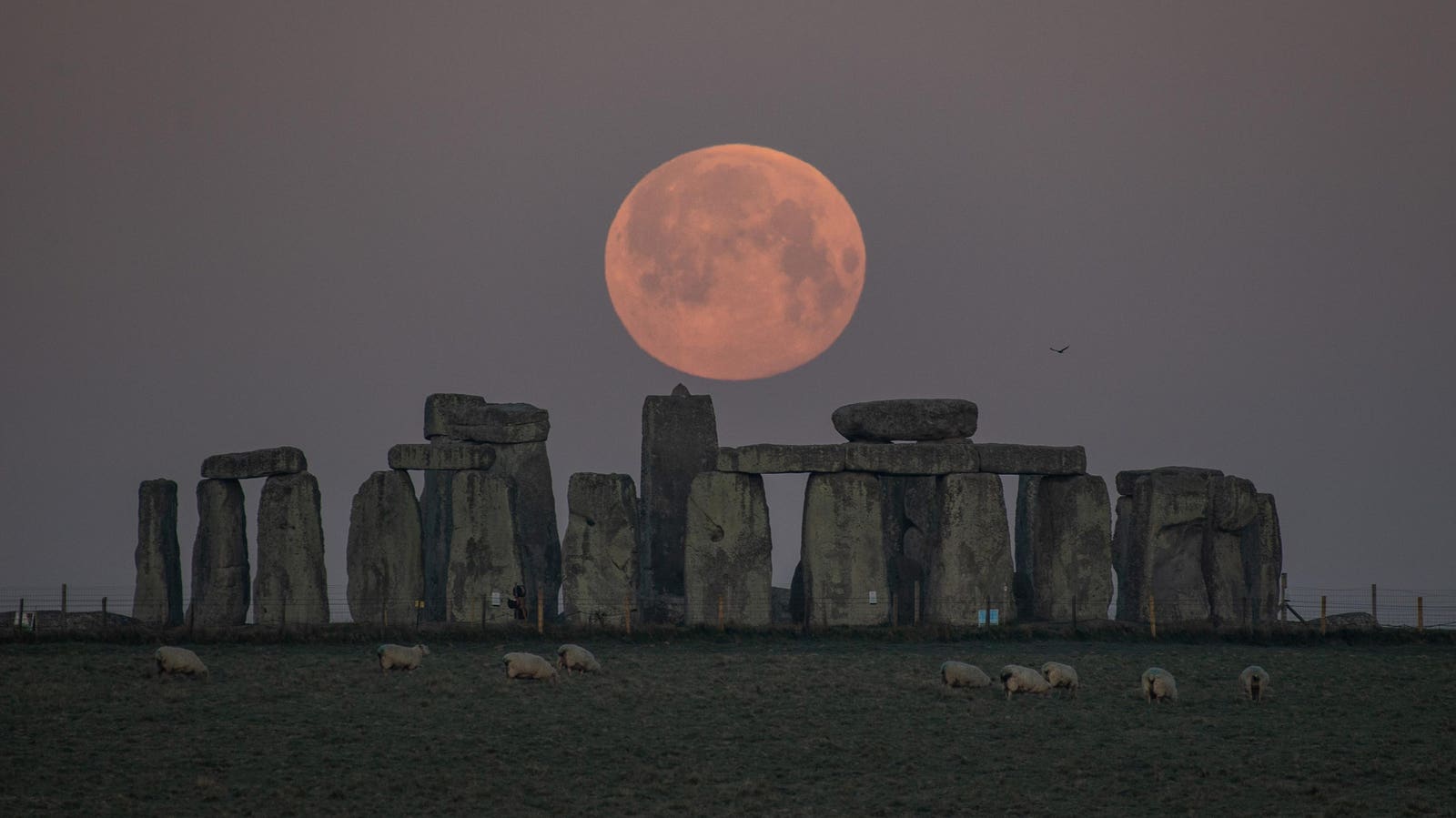New study suggests universal laws governing brain structure from mice to men
Researchers at Northwestern University have discovered that structural features of the brain are nearing a critical point similar to a phase transition, observed in species as diverse as humans, mice and fruit flies. This discovery suggests that a universal principle may guide the structure of the brain, which may inspire new computational models to mimic … Read more

